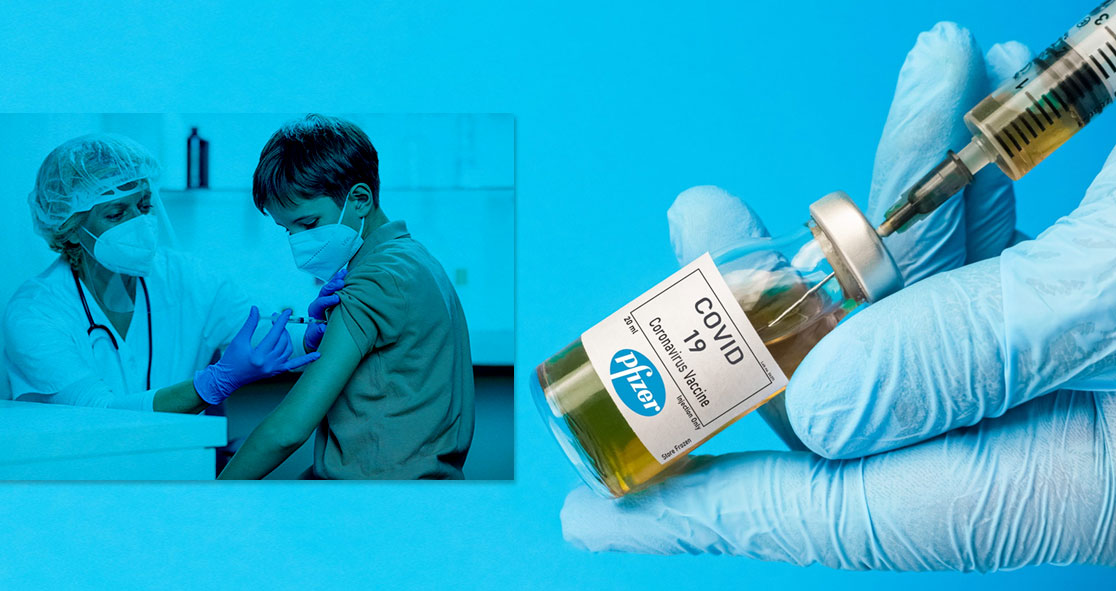On Tuesday, Pfizer told reporters that the company expects to apply to the Food and Drug Administration (FDA) in September for Emergency Use Authorization (EUA) to administer its COVID-19 vaccine to children between the ages of 2 and 11, according to The New York Times.
Pfizer also plans to apply for full approval of its vaccine in people aged 16 to 85 by this month. Furthermore, the company expects to have clinical trial data on the safety and efficacy of its COVID-19 vaccine in pregnant women by August.
By next week, the FDA is likely to issue the EUA, allowing the vaccine to be administered in children aged between 12 and 15, which will be one of the major steps ahead in the U.S. fight against the pandemic. The Pfizer/BioNTech vaccine received the FDA’s EUA in December for adults.
Dr. Saskia Popescu of George Mason University said, “Full approval is a welcome indicator of the continued safety and efficacy of the Pfizer vaccine.” She is an infectious disease epidemiologist.
Pfizer’s announcement comes as the pace of vaccination in the U.S. has been slowing.
Dr. Rupali Limaye, a vaccine researcher and public health officer at Johns Hopkins, said, “We are essentially nearing the end of vaccinating those that were willingly waiting to get in line to get it. And so, the next push is going to be I think more critical than ever.”
“Full approval from the F.D.A. could help boost confidence in the vaccine, especially among people who may have lingering worries about how quickly it was developed,” she added. “I think people still have concerns about it even if they know that no corners were cut. It will nudge people to say, ‘OK, it’s been thoroughly vetted.’”
On Tuesday, White House Press Secretary Jen Psaki said at a news conference that she did not want to get ahead of the FDA but that the agency was preparing to “make that accessible to additional, younger populations.”
Dr. Popescu explained that the possibility of using the vaccine in children in the United States was both exciting and frustrating. She said, “We have essential workers around the world unable to get vaccines, and countries that may not have access for a year or more, so this conversation needs to be broadened to include global access.”
The CDC said as of Tuesday, over 131 million doses of the Pfizer-BioNTech vaccine had been administered in the U.S.
Dr. Albert Bourla, Pfizer CEO, said the company approached the FDA on Friday with new data that it hopes will persuade the agency to allow its vaccine to be kept at refrigerator temperatures, rather than frozen, for up to four weeks, according to The New York Times.
He also said the company has been working on an updated version of the vaccine, which could potentially be kept in refrigerators for up to 10 weeks. Dr. Bourla hopes to have more data on that in August. The article was published in The New York Times.























